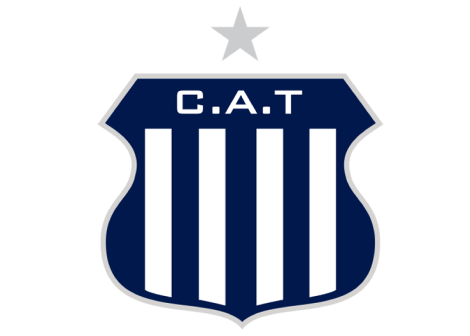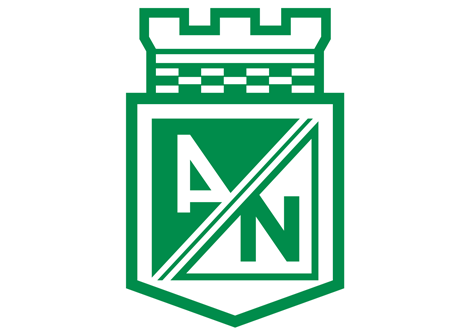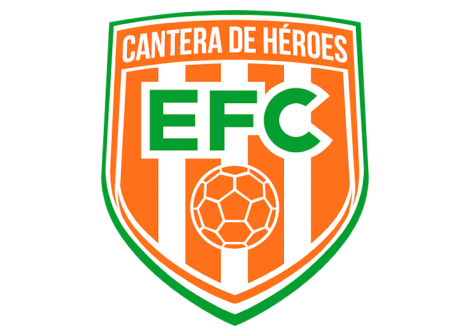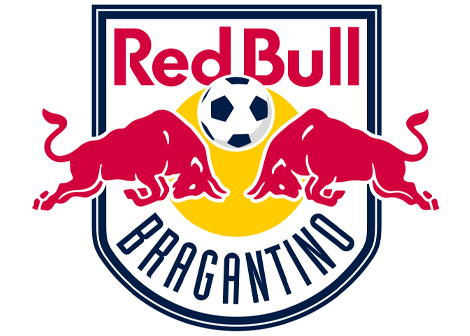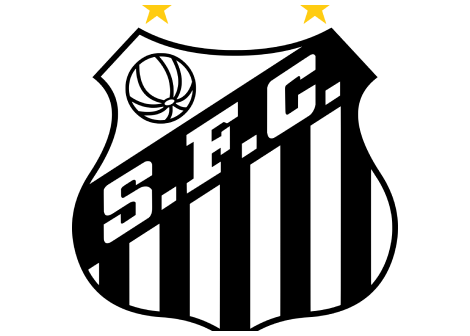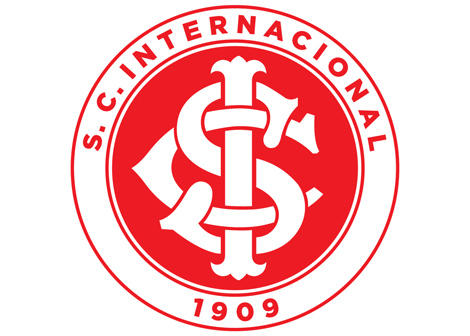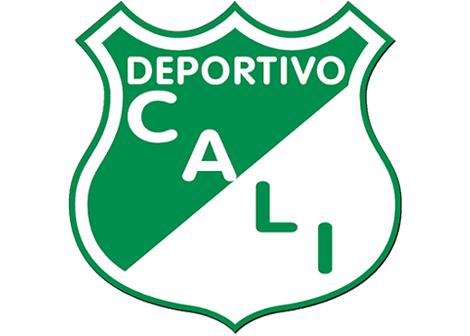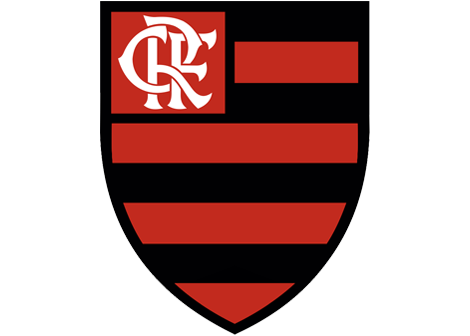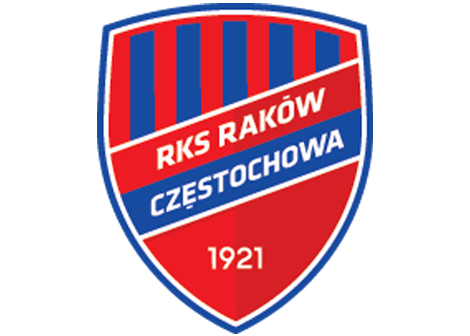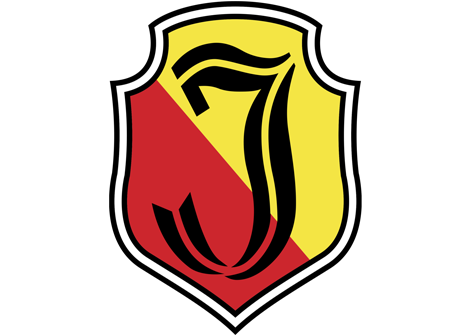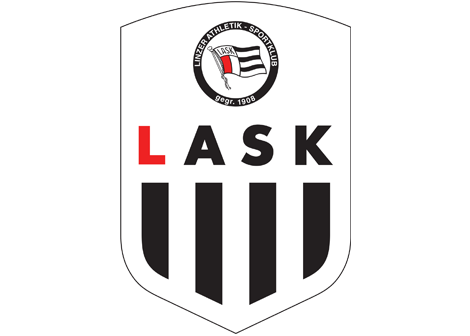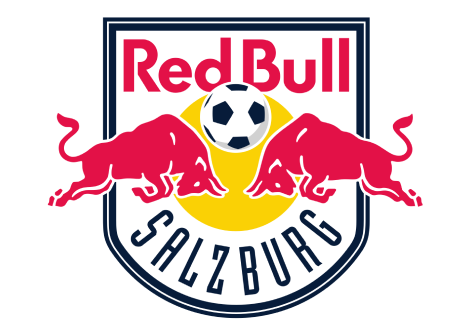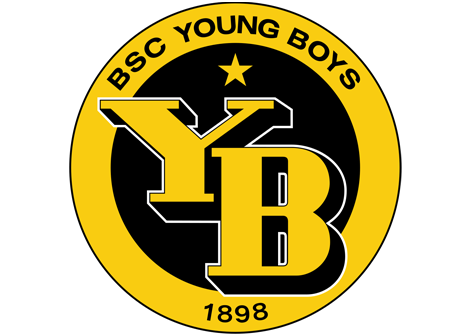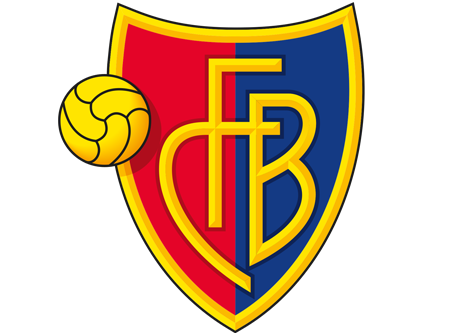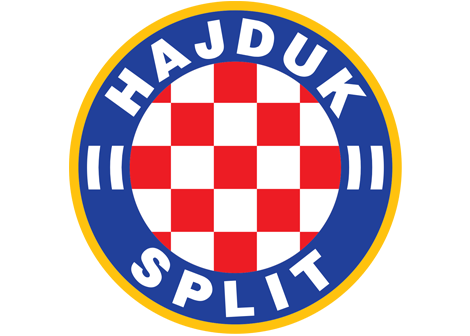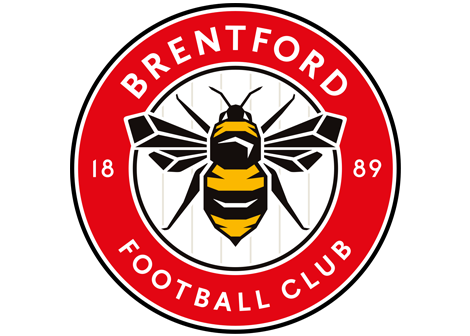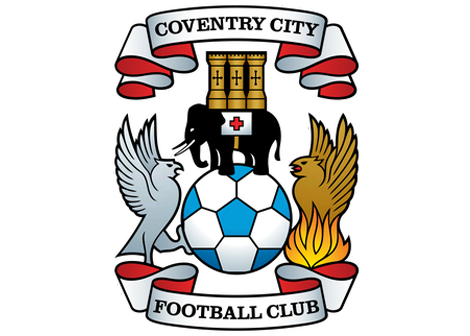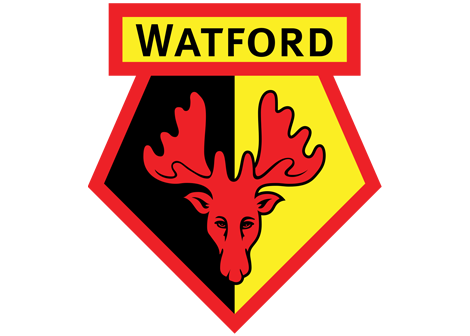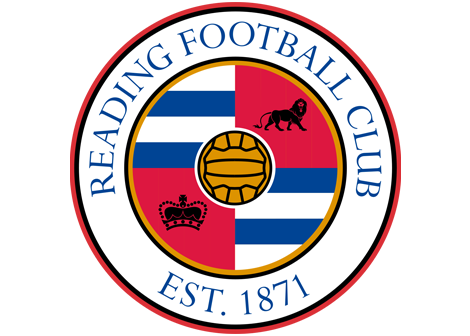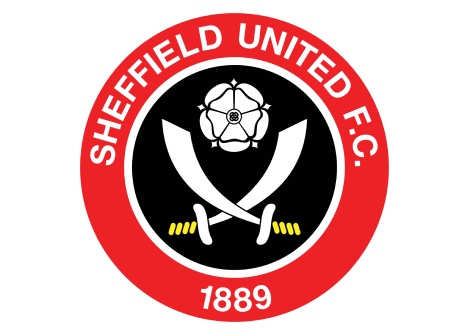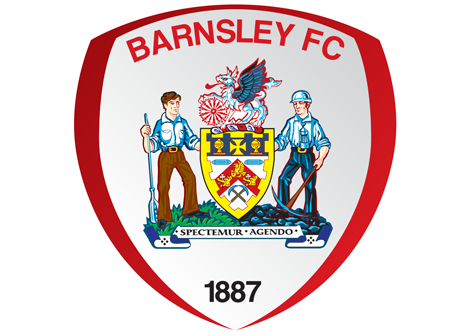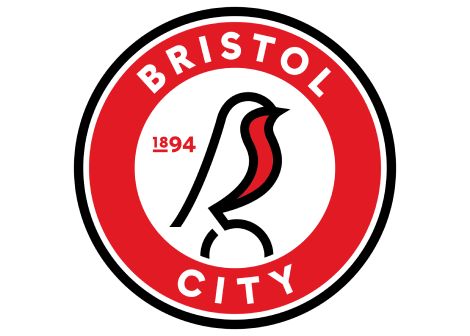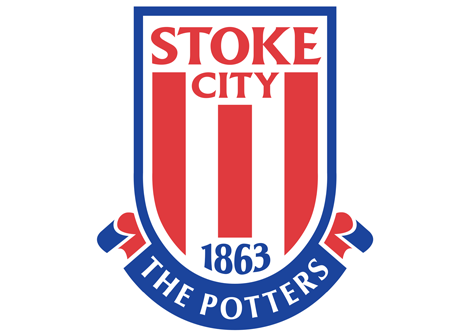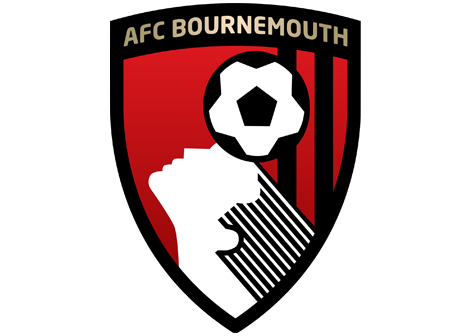Sports executive search firm Nolan Partners has filled Sporting Director posts at football clubs worldwide. Here, Stewart King, Partner, Europe tells TransferRoom what candidates, and indeed clubs, can do to find that perfect match.
What people want from me is hard and fast answers. How do I get a Sporting Director job? What do I need to do with my CV? Well, I can tell you the CV means nothing unless I am presenting it to an owner with regard to a specific position... I care about what your experience is. I care about you doing a good job at where you’re at. I care about hearing good things about you from other people in the industry.
Stand out from the crowd
What have Johan Lange, Dan Ashworth and Paul Mitchell (pictured above) got in common? Apart from being some of the most highly-respected technical directors in football, they were all placed into the senior jobs by Nolan Partners, at Aston Villa, Brighton & Hove Albion and AS Monaco respectively.
There is no set formula for landing a Sporting Director job. Each club has its own criteria of what it wants from a candidate depending on where the club is in that stage of its cycle.
But there are common trends that are beginning to emerge, according to King.
-
Be open to a collaborative way of working: gone are the days where it is all about control, where it became a power struggle between Owner, Manager and Sporting Director. It’s about being an open operator, genuinely wanting to work with high quality people
-
Be a good communicator: clubs want someone who can clearly articulate to an ownership group exactly what their process of working is, what their methodology is when it comes to player recruitment (for example) and how they predict, forecast and budget.
-
Be a good human being: it sounds simple, but clubs are public entities with huge fan bases. They want good professional people that want to do things the right way and represent the owner’s interests/image the right way both internally and externally. I can’t state enough how important emotional intelligence is in these types of positions.
Don’t agonise over the CV
Tired of your current job or looking to take the next step in your career? The natural instinct is to update your CV and make it stand out to recruiters.
Only that’s seemingly not the way to land a dream Sporting Director role.
King explains: “What people want from me is hard and fast answers. How do I get a Sporting Director job? What do I need to do with my CV? Well, I can tell you the CV means nothing unless I am presenting it to an owner with regard to a specific position. Believe it or not but it’s not a productive use of my time to read through general CV’s all day. I care about what your experience is. I care about you doing a good job at where you’re at. I care about hearing good things about you from other people in the industry you are in and that for me is the first criteria.
“We don’t advertise jobs. Referencing for us is crucial. References from owners they’ve worked with before, head coaches they’ve worked with before, players that have worked under them. Then I'll canvas opinions in the market. I have a trusted list of people I know who will give me honest and accurate information because my job is to stop people hiring the wrong person as much as it is about finding the best person.”
Talk a good game
With a shortlist in place and interviews set, often the underdog can end up getting the top job.
“I’ve placed Sporting Directors that are Academy Directors with no previous experience of being a Sporting Director, who were brought into the process as a wild card and who really impressed in the interview stage and were able to eloquently articulate what the role is, were self aware as to what their own gaps were and how they would go about filling them,” King notes. “Fundamentally the job of a Sporting Director is about being a General Manager and having the right people in the right jobs and connecting it all together.
“People say to me, ‘is it better to be a scout? Is it better to come from an academy role? If I’m from a sports science or medicine background is there any chance I’ll be a Sporting Director’? Often owners are open-minded depending on who they believe is the best person to fit in to what they are doing as an owner but also bring something new to the club. I go back to the importance of being a good communicator and getting that across at the interview stage.”
Clubs must know what they want...and stick to it
An aligned way of thinking from top to bottom is the only way to make a success of a Sporting Director hire. But that’s a process - and conversation - that needs to be well-thought out.
King explains: “For some clubs, if their business model is driven by player trading, the owner will want a Sporting Director who has a vast amount of experience in player trading. It doesn’t necessarily mean it's a head of recruitment with a fancy job title. It can be a broader role but if they don’t have a strong background in player trading then that is not the person for them.
“In other clubs, the strategy may be more about player development so to have a Sporting Director who has come from a youth development background, who has taken on a bigger role, that is more appropriate for them. It’s literally case by case, club by club and sometimes where the club is in its cycle. Is it a building job? Is it a fixing job? Is it revolution or evolution?
“We sit down with clubs for a long time at the beginning and ask them, ‘why do you want this? ‘Where do you want to get the club to and where does the role fit in that?’ It’s about getting them to understand why they need this position other than it being a fashionable thing to have at the moment.
“Often red flags will crop up. We’ll tell a club you’re setting yourself up to fail here. I would say just don’t have one in the current model. You have an owner or a manager who wants to make all the sporting decisions, which is absolutely fine but not if you then want to bring a Sporting Director into the mix as well. You can have a Sporting Director but you’re really only ticking a box to say you have one.”
Such red flags have often involved an agent pushing a club to hire a particular Sporting Director. It should be an immediate alarm bell ringing moment.
King notes: “We make sure there is a robust process put in place. We don’t fall for the charms of an agent/representative who phones up and says ‘this Sporting Director is great, hire him’. Indeed if an agent calls up and is pushing a Sporting Director I’m immediately inclined to question if he/she’s the one for you, because a Sporting Director nowadays should not be directly connected to a particular agent. It’s about building IP into a club and not being at the mercy of an agent.
“It doesn’t happen so much with the bigger and better agencies but I am often approached by agents pushing us to consider certain candidates in the hope that they will acquire a route to sell players into the club because they feel they are owed a favour in return for securing the Sporting Director his/her job. That’s obviously a scenario we avoid at all costs”
Coming to America?
Sporting Directors are a tried and tested model in MLS, aided by the fact that a number of franchise owners have teams in other major leagues where the General Manager is an established presence. Now, however, MLS clubs are looking to Europe to recruit.
King says: “It’s not ‘should we have a Sporting Director’, it’s ‘who are we going to have?’ The US is a very specialised market in terms of rules and regulations for recruitment, but in the last four to five years we have done a lot of work with clubs who are actually looking to bring in a European Sporting Director because of the international growth of MLS.
“It has gone from being a retirement league to a player development league, so they're either developing their own young talents through their academy or they’re signing young players from South and Central America with a view to developing them and selling them into Europe. What they often want is a European Sporting Director to close that loop and trade these players into Europe, make significant profits and reinvest that back into the club.
“This being said we will always present owners with international and domestic options, comparing and contrasting the merits of each as we go through the process. It is not about the nationality it is about the person. There is a American talent out there that I can see coming to European football one day soon which is exciting.”
Book an intro call
Trusted by decision makers from 800+ clubs worldwide

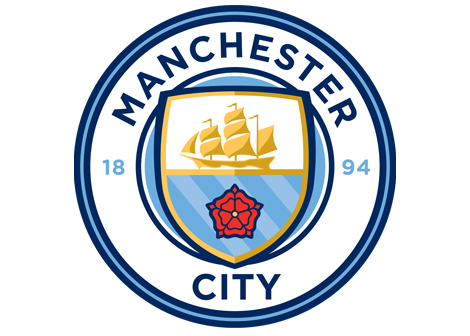
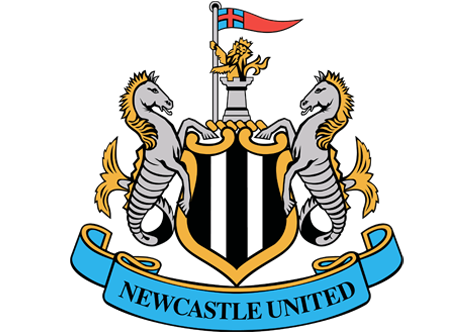
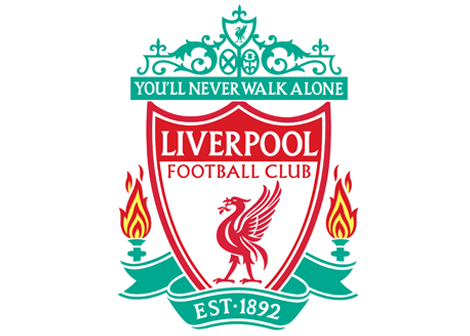

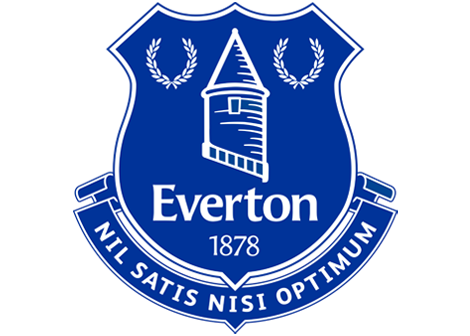

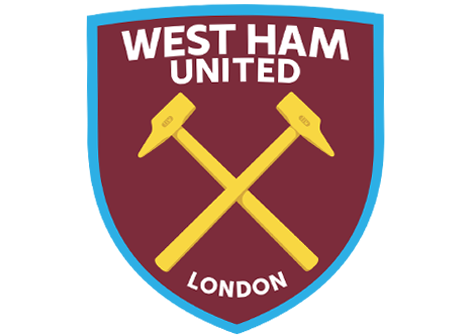
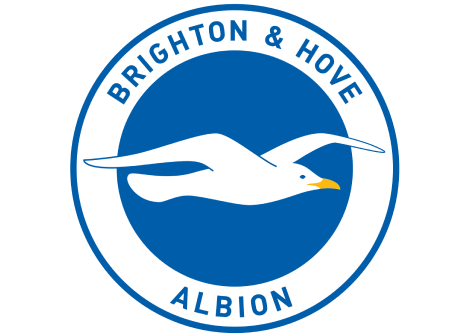
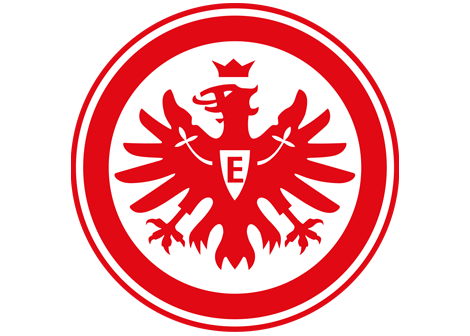

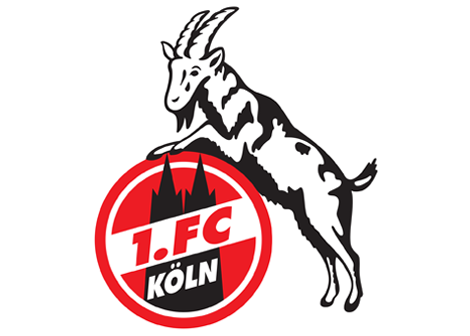



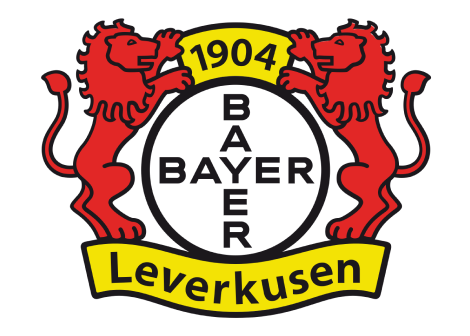
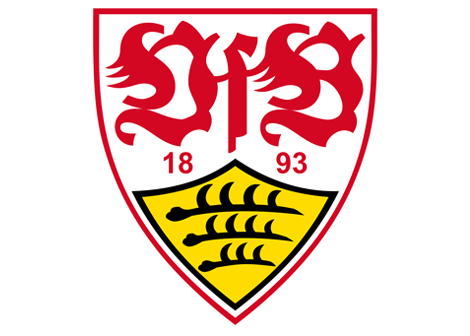








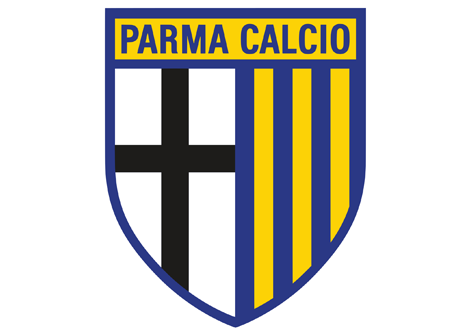

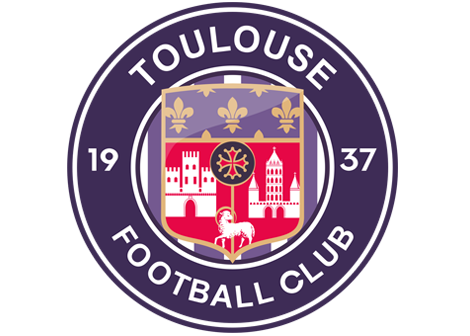

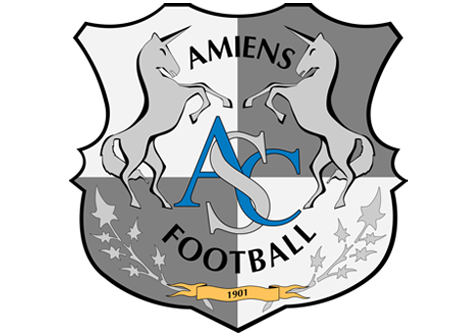
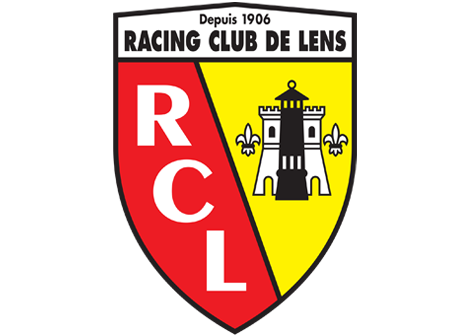


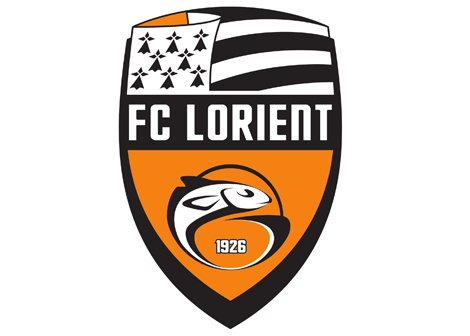


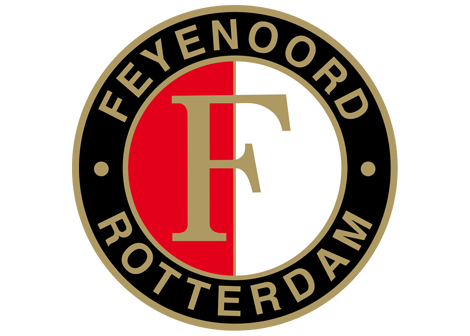

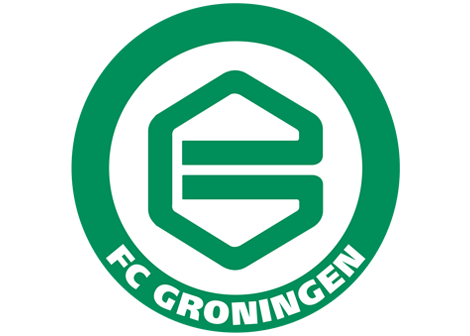
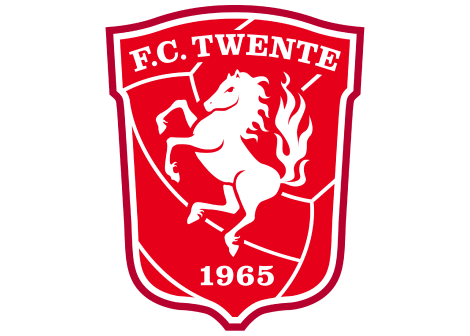
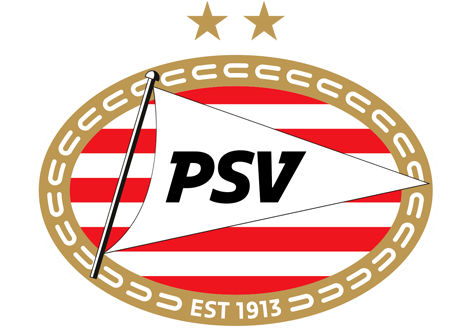
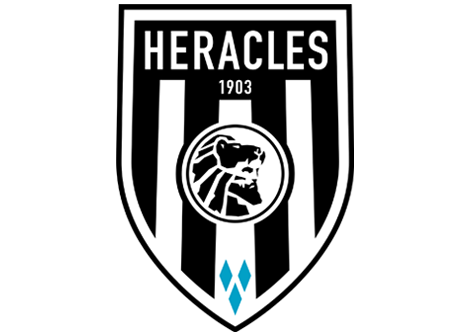
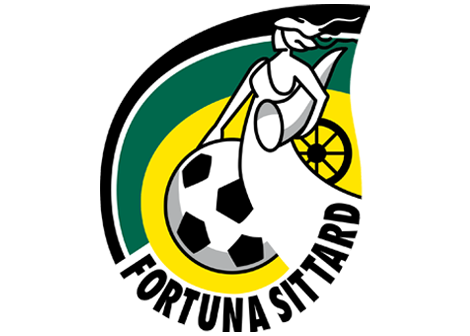

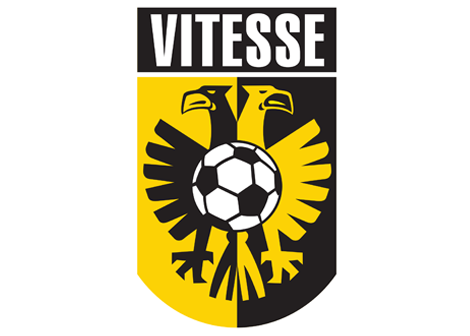
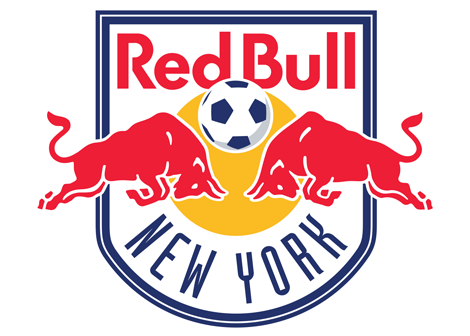

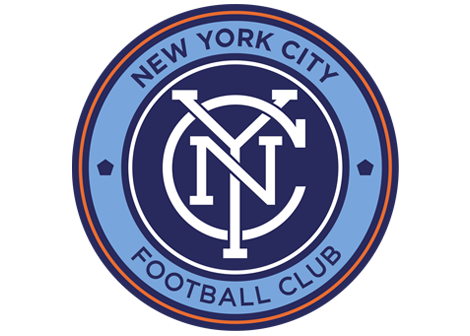
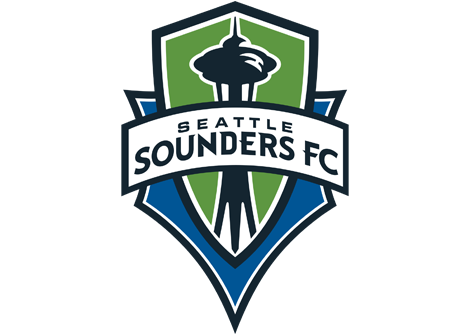

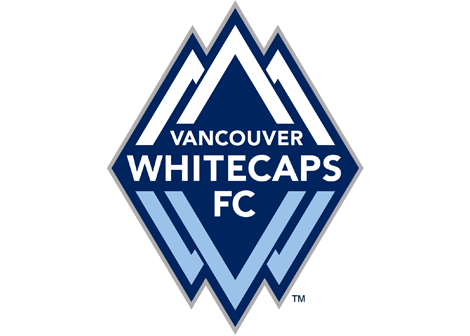
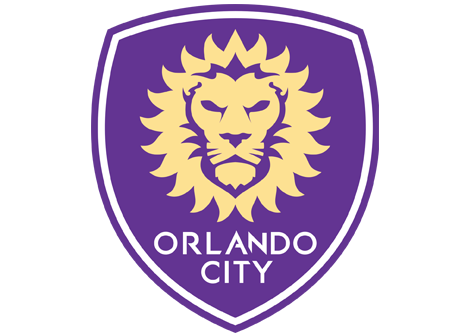


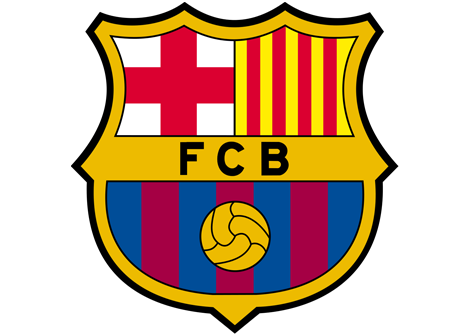
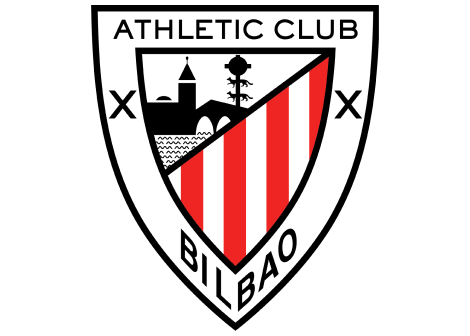
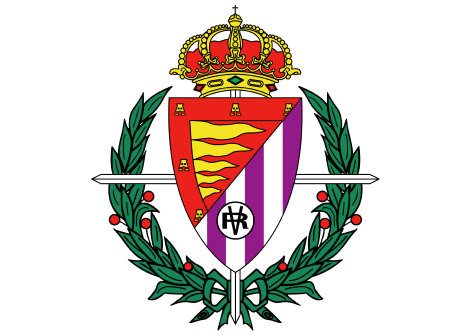

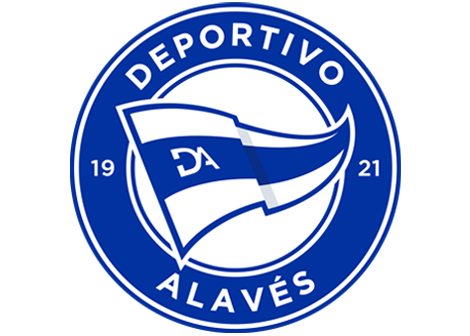
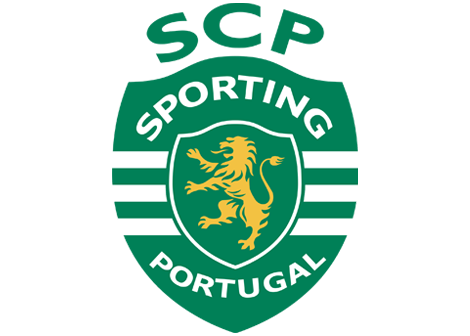
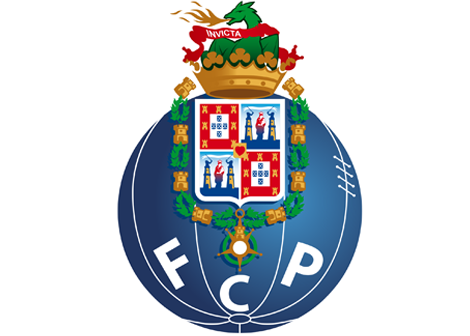
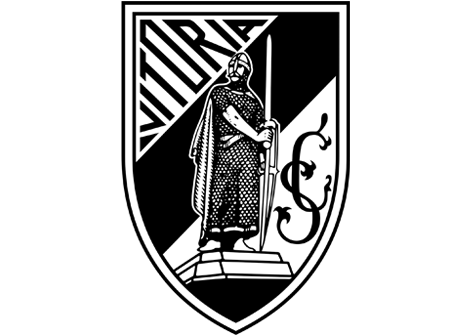

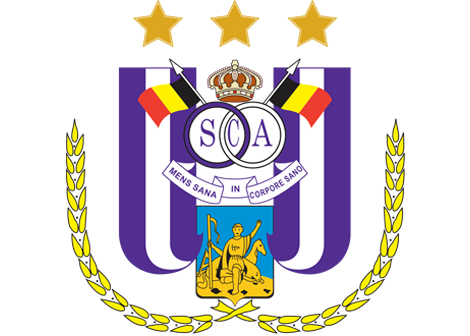

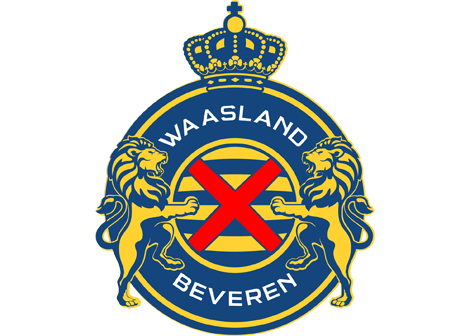

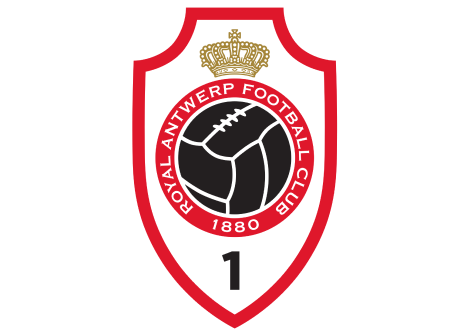

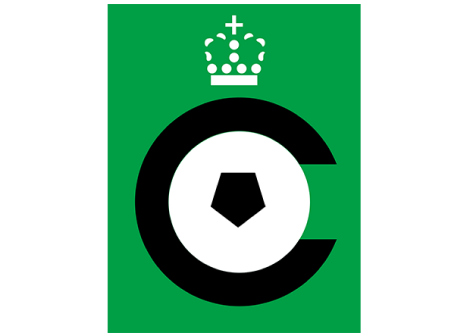

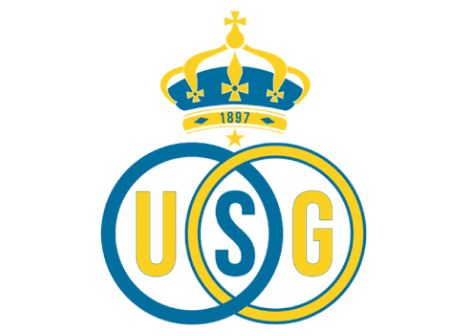
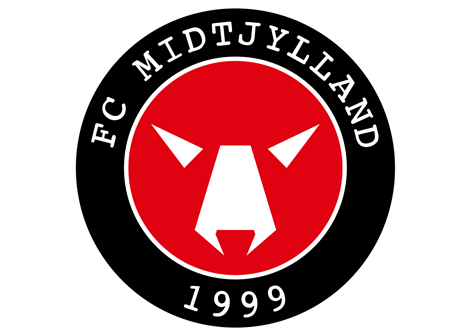
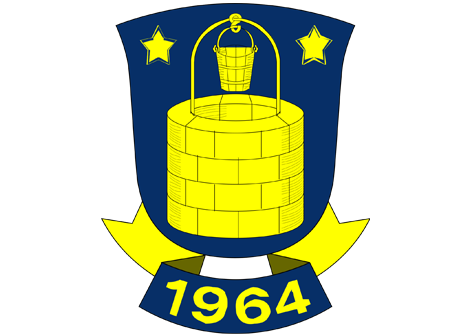
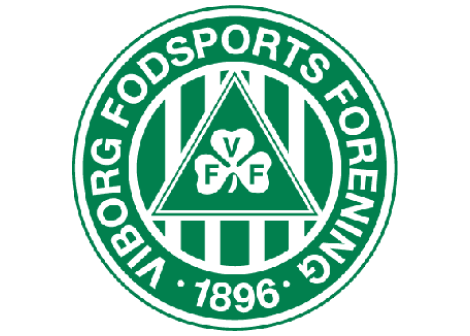
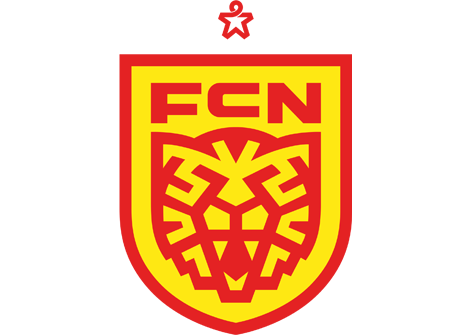
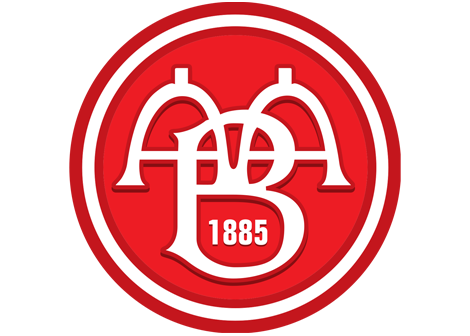
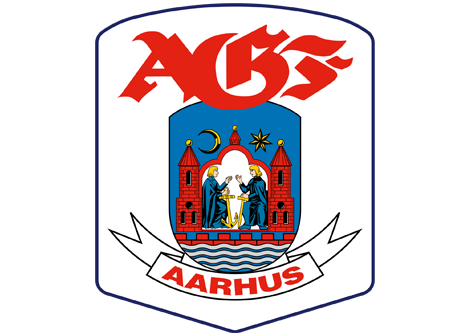
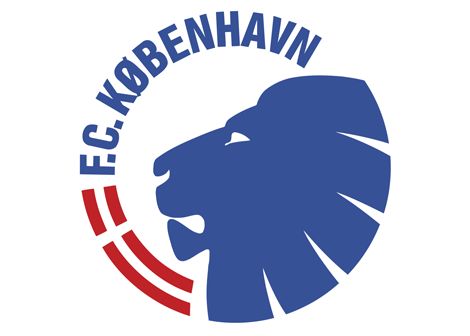
/SWEDEN/Malm%C3%B6%20FF.png)

